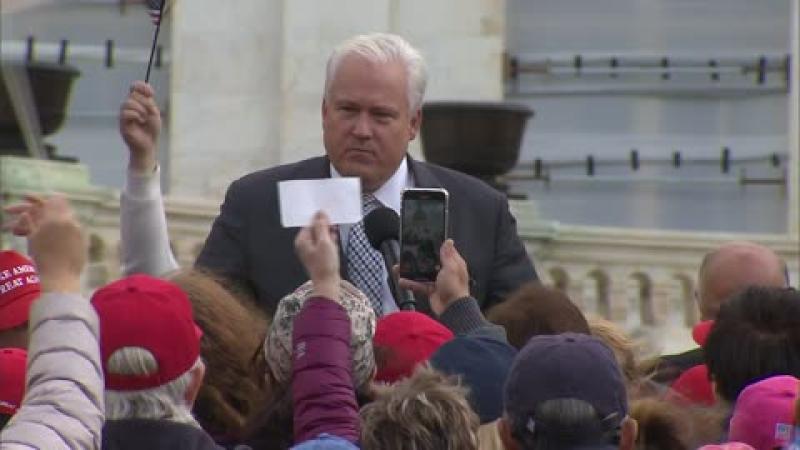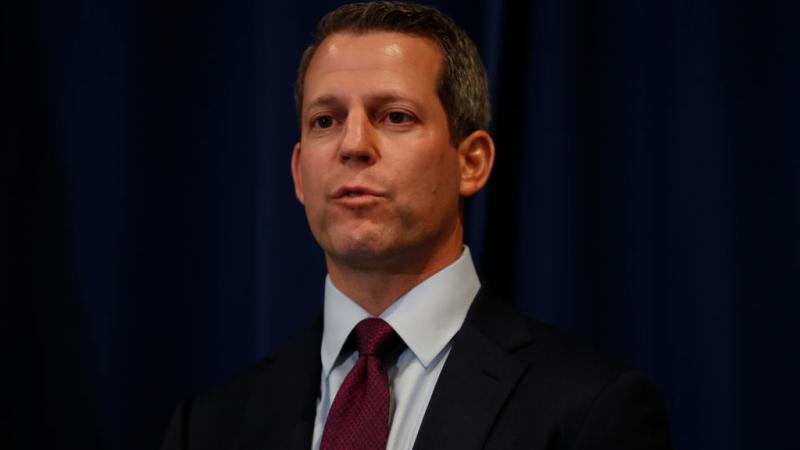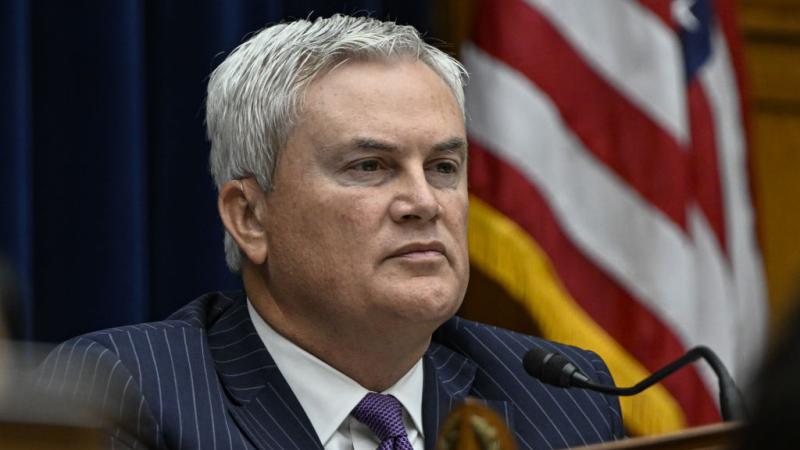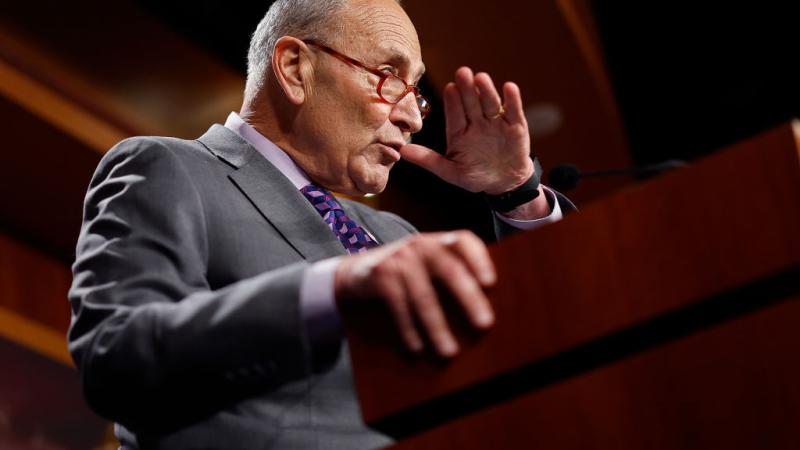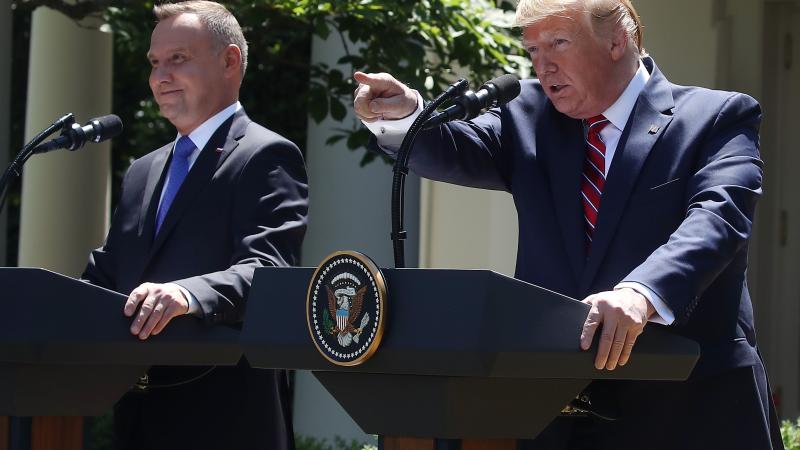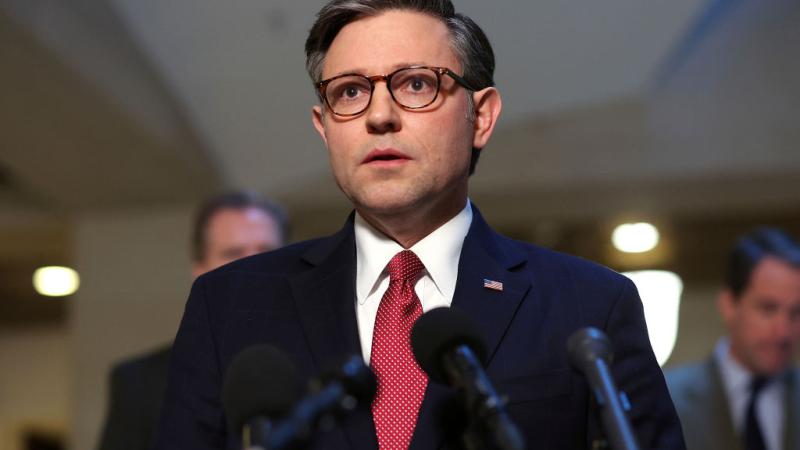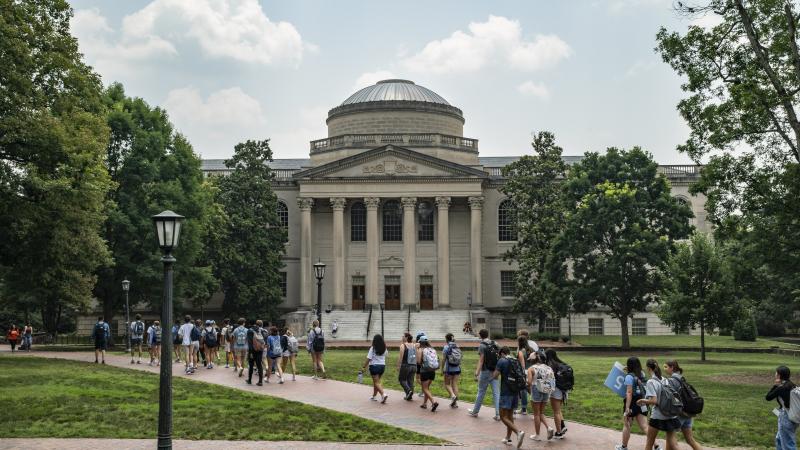Wave of lawsuits seek to extend vote-by-mail deadlines ahead of 2020 election
Some suits have been brought by prominent Democratic groups.
A wave of state-level lawsuits, some of them spearheaded by activist groups associated with prominent Democratic officials, is pushing to have state mail-in voting deadlines pushed back ahead of the 2020 election, a further sign of the possibly chaotic process by which Americans will elect the next president in less than three months.
The 2020 election is shaping up to have likely the most heavy vote-by-mail turnout in American history, driven by fears that in-person voting could lead to major coronavirus outbreaks. Polling indicates that one out of every five American voters nationwide voted by mail in the 2016 elections; in contrast, nearly half a million people in Minnesota alone have requested mail-in ballots this year, compared to a little over 38,600 in 2018.
Public officials have warned that the expected influx of mail-in ballots could lead to overwhelmed voting precincts, major delays in vote counts, and possibly thousands of votes being tossed out due to delays and delivery and missed ballot deadlines. Others — such as President Trump —have claimed that an election relying heavily on mail-in votes could be vulnerable to large-scale voting fraud and abuse.
Various groups and citizens across the country, meanwhile, are seeking via lawsuits to push back the mail-in voting deadlines set by state governments, arguing that existing deadlines are too stringent and will result in the effective disenfranchisement of voters who don't submit their ballots early enough.
Prominent Democratic groups support deadline challenges
Several lawsuits have been brought or supported by groups associated with notable Democrat politicians.
Among them are a series of three suits brought by the National Redistricting Foundation, a litigation group associated with the National Democratic Redistricting Committee, a political action committee headed by former Obama Administration Attorney General Eric Holder.
One lawsuit sponsored by the NRF in Texas seeks to challenge "the requirement that returned ballots be postmarked by 7:00 p.m. on election day and received by 5:00 p.m. the following day." Texas Secretary of State Ruth Hughs filed to have that lawsuit dismissed; late last month a district court denied that motion, a decision Hughs has appealed.
The plaintiffs in the case argue that numerous factors involved with the mail-in voting process —including recent postal budgetary issues that have led to staffing shortages — would "unjustifiably risk the voting rights of Texans," as the NRF put it.
Another suit out of North Carolina seeks to force that state to "[extend] the deadline by which mail ballots must be received to nine days after Election Day." The state currently allows for ballots to be received up to three days post-election and still be counted.
A third challenge sponsored by NRF sought to contest a Minnesota law requiring that a ballot must be received by 8:00 p.m. on Election Day at the latest if it was to be counted; a consent decree issued earlier this month stipulated that ballots in this week's primary may be counted if received "within 2 days of Election Day," so long as they were postmarked on or before the day of the election. The decree left unresolved the enforcement of that deadline in the November election.
Another lawsuit was brought in Georgia by the New Georgia Project, a voter registration nonprofit founded by former Georgia gubernatorial candidate Stacey Abrams in 2013. That suit argues that Georgia's 7:00 p.m. Election Day ballot cutoff "disenfranchises thousands of voters who complete and mail their ballot prior to Election Day, but whose ballots — through no fault of their own — do not arrive in the mail [on time]."
The state filed a motion in late June to dismiss that suit, arguing in part that the state's current ballot cutoff "protects against fraud and allows county election officials to timely complete the ballot-counting process before the certification deadline." A hearing to address that motion was held on Tuesday.
Other lawsuits currently in play, some dismissed
Numerous other lawsuits have made similar claims over the last several months, arguing that normal ballot deadlines present an effectively unconstitutional barrier to voting rights amid the COVID-19 crisis.
A lawsuit in Indiana, brought by Common Cause Indiana and the state's NAACP conference, argues that the state's 12:00 p.m. election day cutoff "disenfranchises thousands of Hoosiers who timely request and promptly fill out and mail back their ballots, only for them to arrive after the Noon Election Day Receipt Deadline—through no fault of their own." The suit demands a 10-day extension of the deadline to Nov. 13.
A suit in Michigan, meanwhile — brought by a consortium of state residents and interest groups— demands that the state "extend the deadline for when ballots must be received to 14 days after Election Day," in order to "prevent widespread disenfranchisement and effectuate the will of the voters."
Elsewhere, a challenge to a Florida ballot receipt deadline was dismissed in late June; a similar challenge in Michigan was also struck down.
A Montgomery County, Ala. circuit court, meanwhile, last week dismissed a lawsuit that sought in part to challenge that state's ballot deadlines; the court held that the issues raised by the plaintiffs were of a "political" nature rather than a justiciable one, and that the plaintiffs furthermore "failed to state a claim upon which relief can be granted."
The Facts Inside Our Reporter's Notebook
Links
- The RDF's list of sponsored election litigation.
- The Texas lawsuit.
- The denial of the Texas Secretary of State's motion to dismiss.
- Hugh's appeal.
- The North Carolina amended complaint
- The Minnesota consent decree
- The Georgia lawsuit, and the motion to dismiss.
- The NAACP/Common Cause lawsuit in Indiana.
- The Michigan lawsuit.
- The dismissal of the Florida suit.
- The dismissal of the Michigan suit.
- The dismissal of the Alabama suit.

